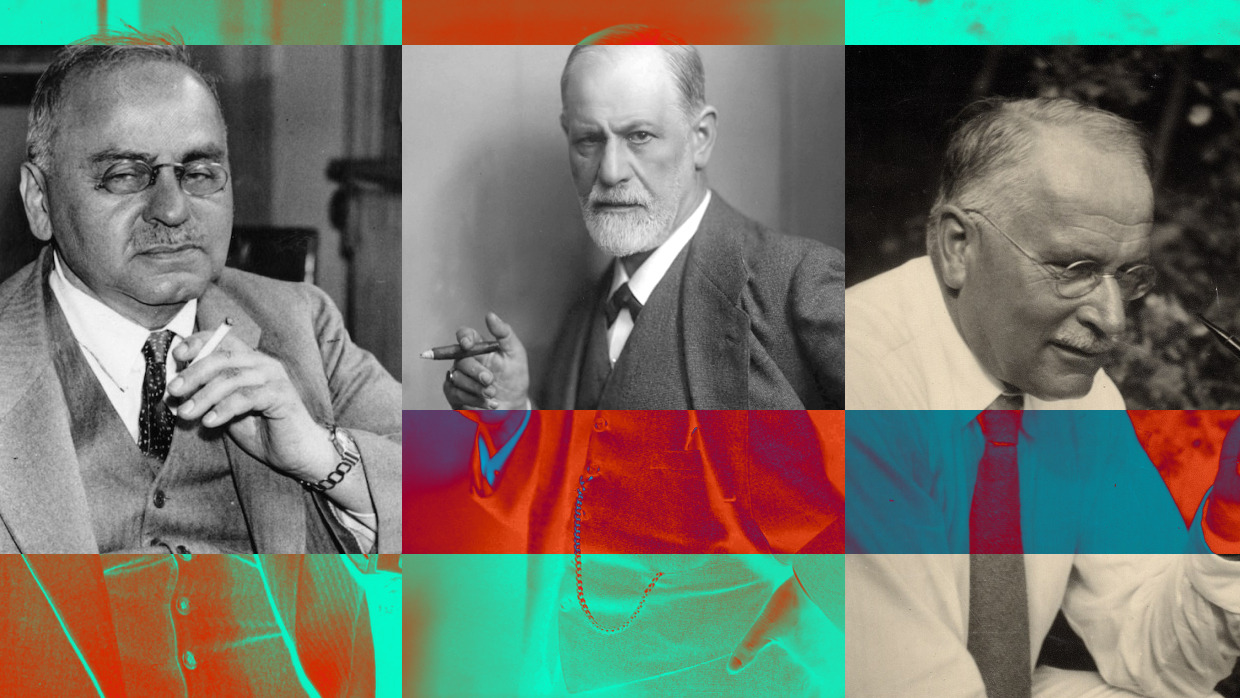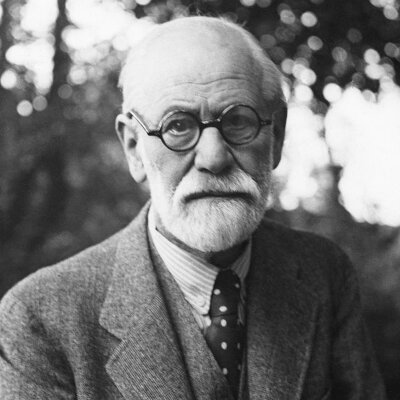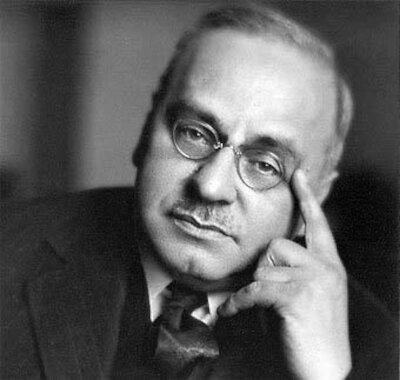 Iran’s Attack on Israel
Iran’s Attack on Israel


5 min read
Why have so many Jewish psychologists been pioneers in the field of psychology?
Imagine stepping into a time machine, journeying back to the early 20th century. The field of psychology was starting to take shape, and many of its pioneers were Jewish. Indeed, Jewish psychologists have significantly contributed to this field from its inception to the modern era.
Let's start with Sigmund Freud, often dubbed the father of psychoanalysis. Born to Jewish parents in the Austrian Empire, Freud's groundbreaking theories on the unconscious mind revolutionized our understanding of human behavior. His Jewish upbringing, although secular, influenced his work, especially his emphasis on introspection, a trait valued in Jewish intellectual traditions.
 Sigmund Freud
Sigmund Freud
Freud's focus on introspection — examining one's own conscious thoughts and feelings — resonated with a long-standing Jewish intellectual tradition emphasizing self-reflection and the pursuit of deeper understanding. In Judaism, the practice of heshbon hanefesh (literally "accounting of the soul") is integral to spiritual and ethical development. This practice involves a personal inventory of one's actions and intentions, encouraging honesty with oneself and a commitment to moral improvement. Freud's psychoanalytic theory, with its significance on exploring the inner workings of the mind, suggests that his cultural heritage may have subtly influenced his approach to psychology and the therapeutic process.
Next, we encounter Alfred Adler, another prominent Jewish psychologist. Adler's concept of individual psychology emphasized the importance of striving for superiority and self-actualization. The Jewish teachings about fulfilling one's potential and taking responsibility to improve the world are clear in Adler's theories. Adler viewed the necessity to overcome feelings of inferiority not just for individual triumph but for societal contribution as well. Adler believed in social interest—or Gemeinschaftsgefühl—where individual health is considered inseparable from community well-being.
 Alfred Adler
Alfred Adler
Fast forward a few decades, and we meet Abraham Maslow, one of the leading figures in humanistic psychology. His famous hierarchy of needs culminates in self-actualization, which aligns well with Jewish values about self-improvement and personal growth.
Then there's Stanley Milgram, whose infamous obedience experiments shook the world. The son of Jewish immigrants, Milgram was deeply affected by the Holocaust, which inspired his interest in obedience to authority. His experiments serve as a sobering reminder of the importance of moral agency and personal responsibility, a key theme in Jewish ethics.
In the modern era, Jewish psychologists continue to shape the field. For instance, Martin Seligman, known as the father of positive psychology, emphasizes the role of optimism and resilience in mental health. This aligns with Jewish teachings about hope and perseverance in the face of adversity. And Dr. Richard Schwartz is the founder of Internal Family Systems (IFS), a form of therapy that recognizes the central Self, which is similar to the Jewish concept of soul, and the various internal parts inside a person creating moral conflict.
One might wonder why a remarkable number of leading psychologists were Jewish. Perhaps it's the value that Jewish culture places on introspection, intellectual pursuit, and understanding the human condition. These values align well with the goals of psychology, making it a natural fit for many Jewish thinkers. Additionally, the emphasis on education and the pursuit of knowledge in Jewish tradition likely played a role in nurturing a high number of Jewish psychologists.
But it goes beyond cultural factors. The experiences of discrimination and prejudice faced by many Jews throughout history may have also influenced their interest in understanding human behavior and finding ways to promote well-being and social justice. This is evident in the work of Abraham Maslow, who developed his famous hierarchy of needs based on his experiences growing up in an antisemitic environment.
The legacy left by Jewish psychologists is woven into the very fabric of psychological science.
Another possible explanation is the emphasis on social responsibility and tikkun olam in Jewish values. Many Jewish psychologists have focused their research and practice on helping individuals and society as a whole, reflecting this critical aspect of their culture.
In addition to the foundational psychologists previously mentioned, numerous other Jewish figures have significantly influenced the field of psychology. Among these are Viktor Frankl, the creator of logotherapy, and Irvin Yalom, a pioneer of existential psychotherapy. These individuals have contributed immensely to our understanding of human behavior, offering unique perspectives and innovative approaches.
The impact of Jewish culture on psychology is irrefutable, extending beyond shared cultural backgrounds or values. It also encompasses the collective experiences and historical challenges endured by Jewish people, which have driven their contributions to psychology. The discipline has greatly benefited from its Jewish roots, shaping our comprehension of the human mind and behavior.
The legacy left by Jewish psychologists is woven into the very fabric of psychological science. Their insights continue to inform contemporary therapy, research, and intellectual discourse. This profound influence is encapsulated in a quote by Viktor Frankl, a Jewish psychologist and Holocaust survivor: "When we are no longer able to change a situation, we are challenged to change ourselves." His words embody the resilience and introspective depth that Jewish psychologists have brought to the study of the human condition, illustrating how adversity can fuel growth and self-improvement. Through their work, these psychologists have encouraged us all to engage in introspection, promote healing, and strive towards a better shared future.

Worth to mention also Fritz Perls, father of the Gestalt. Thanks for this article!
A lot of rabbis like Ernest Becker's book The Denial of Death.
As much as I would love if Jung was Jewish, he was not, his mother was not Jewish